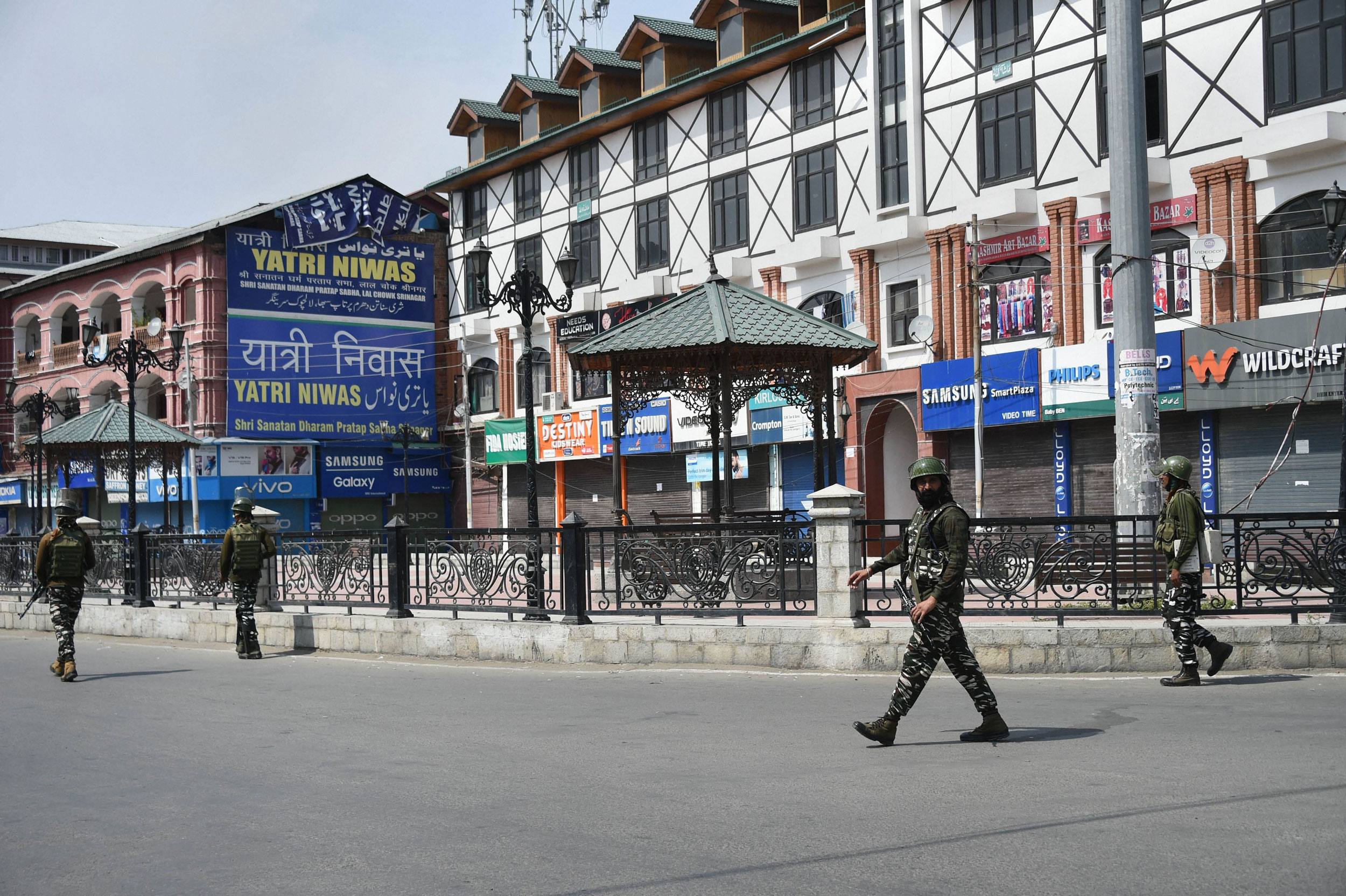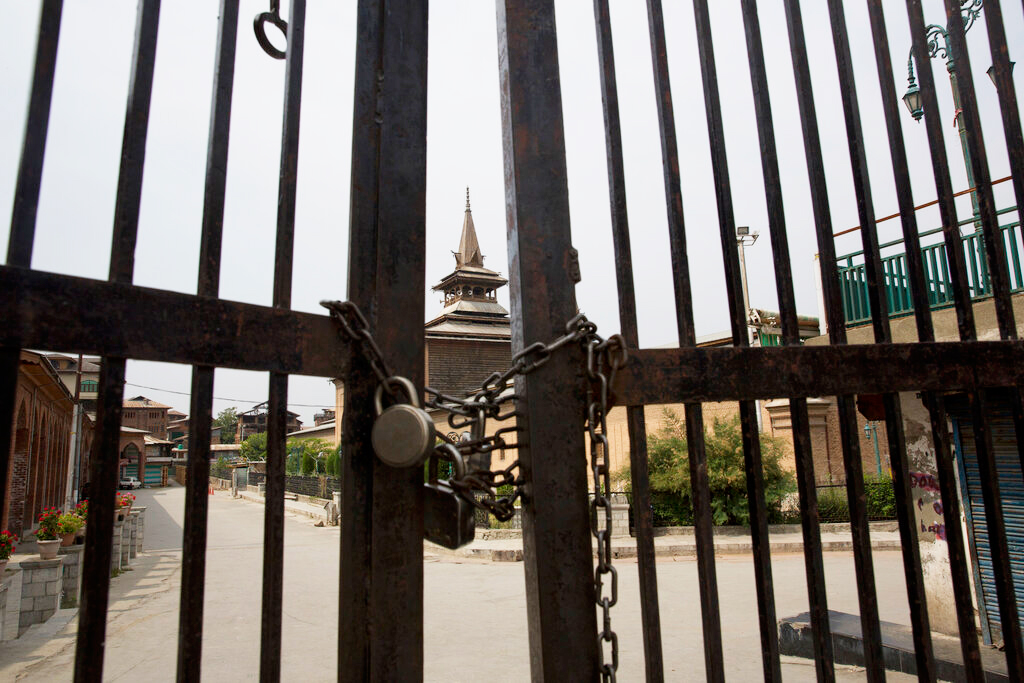Even a single source of light can provide enough illumination to pierce through darkness. This was evident in the recent verdict of the Kerala High Court, which ruled that internet access is a fundamental right. In fact, it has been over a year since the General Data Protection Regulation, a landmark privacy legislation, has been in place in the European Union. These stands in different parts of the world are heartening, for they recognize individual freedoms, especially at a time when wider sociopolitical developments and growing digitization are meeting in complex — and worrying — ways. In a digital age, individual access to resources and spaces as important as the internet and even social media, which form a large part of the world wide web, cannot be curbed, and the need to maintain them as free, fair and safe platforms must be emphasized. This is crucial because the internet has witnessed several occasions during which the principle of freedom has been upended, turning it into an increasingly monitored entity. There are arguments that the communication blockade imposed on Kashmir — now in its 54th day — by the Union government after sections of Article 370 were abrogated could be perceived as a violation of the fundamental rights of citizens in the Valley. Technological giants, too, can be active agents in the disruption of freedoms, but in other ways. Digital advertising is, for the most part, unregulated and dominated by a handful of market winners whose business models involve privacy-invasive practices.
The need to protect individual freedoms is important. But these rights, too, must be exercised with wisdom and responsibility. The Supreme Court has recognized the “dangerous” way in which technology is developing and asked the Centre to formulate guidelines for regulating social media. The apex court’s concerns, especially in the light of the manner in which social media platforms are used for certain kinds of strong-arm political and ideological mobilizations, are legitimate. Such activities go against the foundational idea of the internet being an even playing field. The need for a kind of responsible monitoring is, as India’s highest court has indicated, undeniable. However, given that elected dispensations often have vested interests when it comes to such regulatory practices, is there a case to be made for sensitizing citizens instead?













